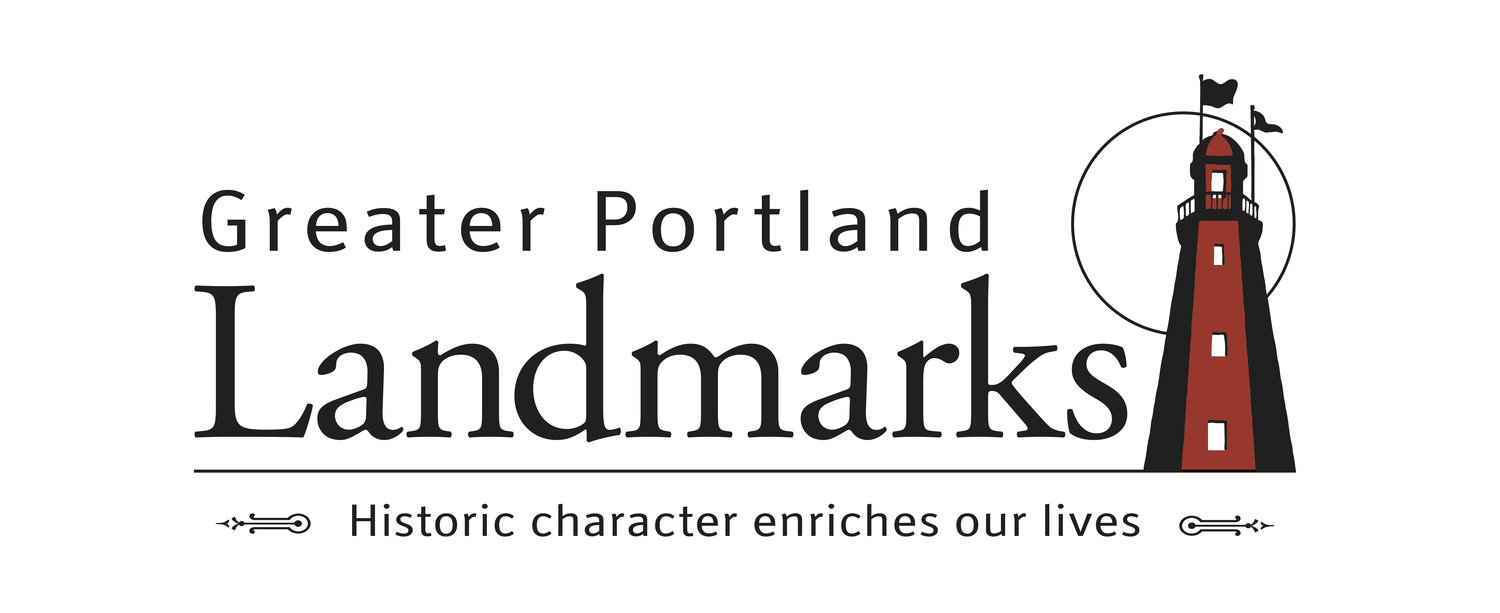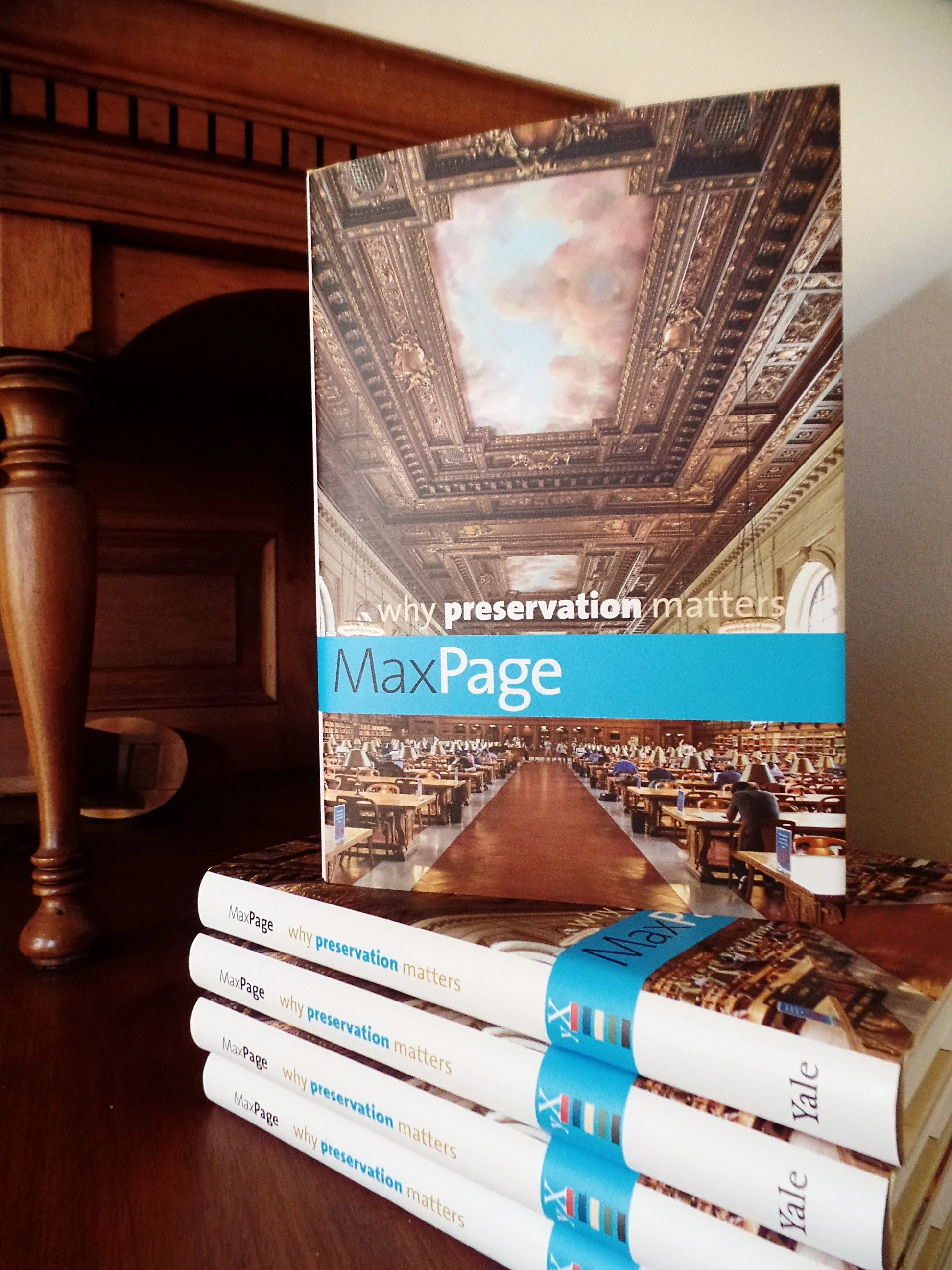By Julie Ann Larry
May 9th Keynote Lecture with Max Page Is CANCELLED to be rescheduled for a later date.
Due to a family emergency Page had to cancel his visit. We will reach out to ticket holders separately. Thank you for understanding and stay tuned for a new date.
How is historic preservation relevant to today’s communities? Author and educator Max Page, professor of architecture and director of the historic preservation program at the University of Massachusetts Amherst, will offer his perspective at a keynote lecture “Why Preservation Matters: Shaping a Sustainable and Equitable Future” in Portland on May 9, at 6 pm at First Parish Church. His talk is part of a series of activities planned by Greater Portland Landmarks to celebrate national Preservation Month.
Professor Page teaches and writes about the history of cities and architecture. His lecture will draw on his most recent book Why Preservation Matters (Yale University press, 2016), a thought-provoking assessment of the preservation movement that offers a progressive vision for the future of preservation. Anyone interested in how to honor our past while working toward an equitable and sustainable future for our community will gain insight from Professor Page’s ideas.
Professor Page argues that if the preservation movement is to play a central role in building more just communities, it must transform itself. As he writes in the book: “Preservation is impossible to understand without the stories of meaningful places – the celebratory, the uplifting, the beautiful, but also the painful, the shameful, and the divisive”. He suggests that by standing against gentrification, working more closely with the environmental sustainability movement, and challenging communities to confront their past, preservationists can rejuvenate historic preservation for the next fifty years.
Professor Page’s call for critical and creative thinking about preservation’s future was published on the 50th anniversary of the 1966 National Historic Preservation Act, a key achievement in the early preservation movement. The act helped to temper government policies that led to the destruction of important buildings and neighborhoods. It also established the National Register of Historic Places.
Max Page has written or edited eight books and articles on a wide range of topics related to the urban built environment, including the history of skyscrapers, rebuilding after disaster, protest and public space, and the evolution of the historic preservation movement. His book, The Creative Destruction of Manhattan 1900-1940 (Chicago 1999) won the Spiro Kostof Award from the Society of Architectural Historians. Among his other books are The City’s End: Two Centuries of Fantasies, Fears, and Premonitions of New York’s Destruction (Yale University Press 2008) and Bending the Future: 50 Ideas for the next 50 years of Historic Preservation in the United States (co-edited with Marla Miller (University of Massachusetts Press 2016). His recent awards include a Guggenheim Fellowship and the Rome Prize.
This article appears in the January 2018 edition of our Magazine.
Reviews of Max Page's Why Preservation Matters
The basic points we know: Old buildings can enrich neighborhoods and become regional attractions. They also make smart environmental sense more often than not. But on the 50th anniversary of the National Historic Preservation Act, the author argues these points with detailed passion — and also stresses that the cultures embodied in a building, even the scars of history, can be more important than architectural details.
—John King, San Francisco Chronicle
Max Page offers a powerful argument for making historic preservation about more than just saving buildings - using it as a tool to fashion a more sustainable, a more equitable society.
--Inga Saffron, Philadelphia Inquirer architecture critic




